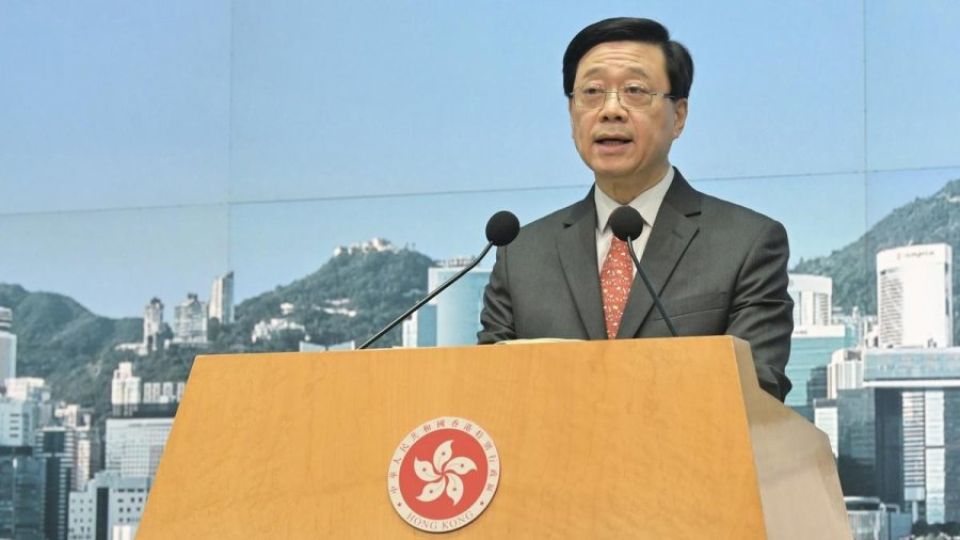June 22, 2023
HONG KONG – The Hong Kong Special Administrative Region government is mulling ways to make a policy breakthrough by formulating special projects to relax the restrictions and obstacles in scientific research and the flow of data and capital across the border, Chief Executive John Lee Ka-chiu revealed.
These special projects will be rolled out in close alignment with the development of the Guangdong-Hong Kong-Macao Greater Bay Area and the Lok Ma Chau Loop, which houses the Shenzhen-Hong Kong Innovation and Technology Co-operation Zone, he said.
Noting Hong Kong’s advantage in the upstream of basic academic research with many world-recognized scientific research results, Chief Executive John Lee Ka-chiu said the city should make full use of the GBA to integrate into the nation’s development if it wants to prop up transitional research on the midstream and applied research on the downstream
Speaking with local Chinese-language newspapers, Lee said the government is also considering special schemes for research projects that Hong Kong excels in, such as research projects in life science, artificial intelligence and new materials.
If the special plans are successful, the government will then apply the same method to other regions and areas, such as green finance, Lee explained.
Noting Hong Kong’s advantage in the upstream of basic academic research with many world-recognized scientific research results, Lee said the city should make full use of the GBA to integrate into the nation’s development if it wants to prop up transitional research on the midstream and applied research on the downstream.
The Shenzhen-Hong Kong Innovation and Technology Co-operation Zone now accommodates two cities and two legal systems in one zone. But if we have designated schemes to introduce new measures for certain scientific projects to ease the restraints on transferring data, capital and the flow of people, it will beat other places in terms of efficiency and speed, Lee said.
Lee said by working with Shenzhen, Guangzhou or other cities in the Bay Area, he is very confident that Hong Kong will be built into a world inno-tech center, with great strength.
During his meeting with the press, Lee also looked back over his first year as chief executive.
He said that Hong Kong has emerged stronger from the epidemic, with greater unity within the government, the legislative council and all sectors of society. Compared with the past, Hong Kong is happier, more hopeful and more energetic, he added.
In the first quarter of this year, Hong Kong’s GDP increased by 2.7 percent year-on-year, ending the previous four consecutive quarters of decline, and the median income for the first quarter has increased by 2.1 percent.
Lee noted that Hong Kong has formed a consensus that the city needs to strive for a more robust economy and a better life. And the consensus will lead the city to achieve better results in developing the economy, Lee said.


